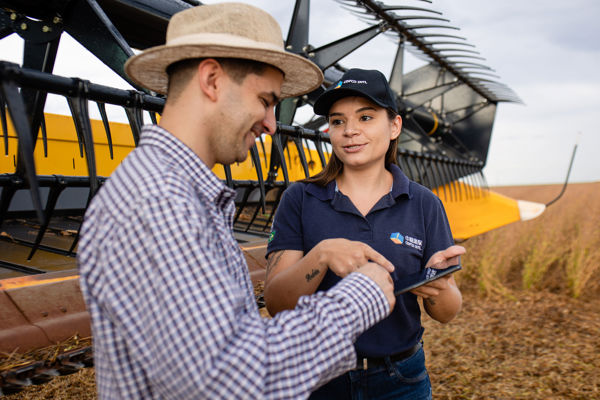
Soybean
Containing 12 times more protein than milk, soybean is not only the most nutritious growth feed, but also the most efficient to produce.
However, growing demand, combined with ease of production, have put pressure on both natural systems and communities. We are working with our suppliers and other stakeholders in different ways to ensure sustainable sourcing of soybean.
Targeting value chain ‘hotspots’
We have fully implemented a Sustainable Soy Sourcing Policy in Brazil. It sets clear criteria for pre-financed soy in Brazil and satellite mapping helps us screen farms against these criteria. In 2018, more than one million hectares of soy farms were mapped and assessed to ensure compliance.
We are mapping environmental and social ‘hotspots’ in our entire soy footprint, to further establish supplier expectations and prioritize our supply base monitoring and risk mitigation efforts.
On this basis, we will review and update our Sustainable Soy Sourcing Policy to set clear supplier expectations for our entire soy footprint.
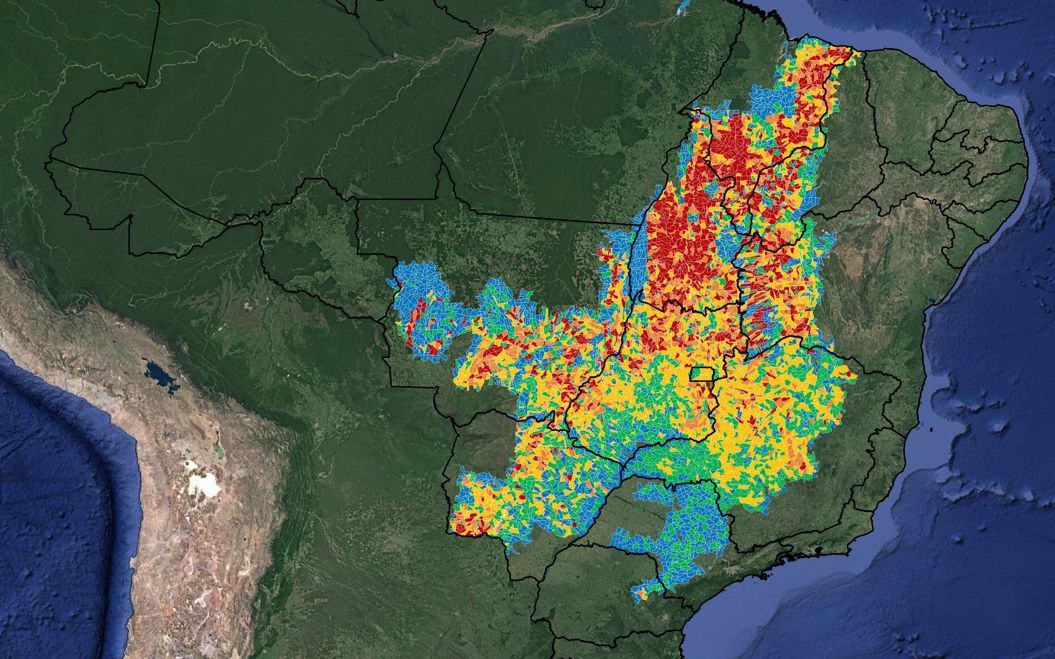
Collective action in Brazil
Sustainable soy production requires collaboration along the value chain. As a signatory to the Soy Moratorium for the Amazon, we uphold its principles to prohibit financing or sourcing of soy produced on deforested land after 2008. We are also a signatory to the Green Grain Protocol of Pará State, which bans financing or sourcing of soy associated with illegal deforestation or forced labour in the state.
Working with the Cerrado Working Group, we support a collective mission to eradicate, in the shortest time frame possible, deforestation in Brazil’s Cerrado Biome. Furthermore, under WBCSD’s Soft Commodities Forum, we are part of a coalition of the world’s largest agri-traders, coming together to establish common soy supply chain monitoring standards and action in high conversion risk areas of the Cerrado biome. See our reports here.
And finally, in Mato Grosso state, we are working with public and private stakeholders under the state’s Produce, Conserve and Include (PCI) strategy, with the objective to support and incentivise sustainable agricultural production.
Certified sustainable soy
Certification is one of the tools we deploy to ensure sustainable soy sourcing. The schemes we work with include:
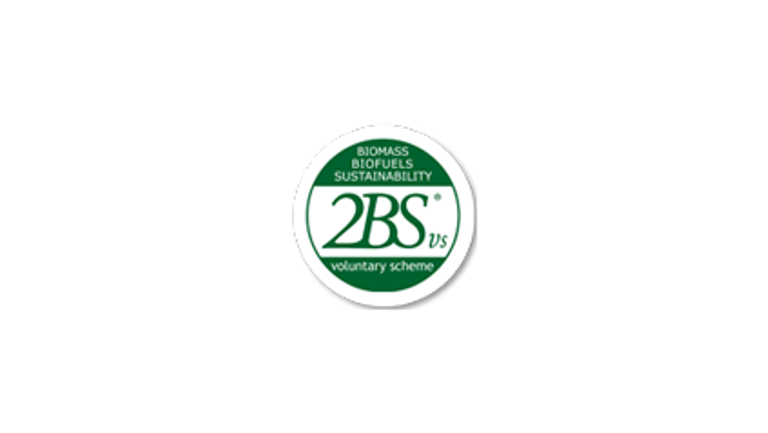
The Biomass and Biofuels Sustainability Voluntary Scheme (2BSvs) covers sustainability criteria including greenhouse gas emissions, conservation of land with high biodiversity value, high carbon stocks and peat land.
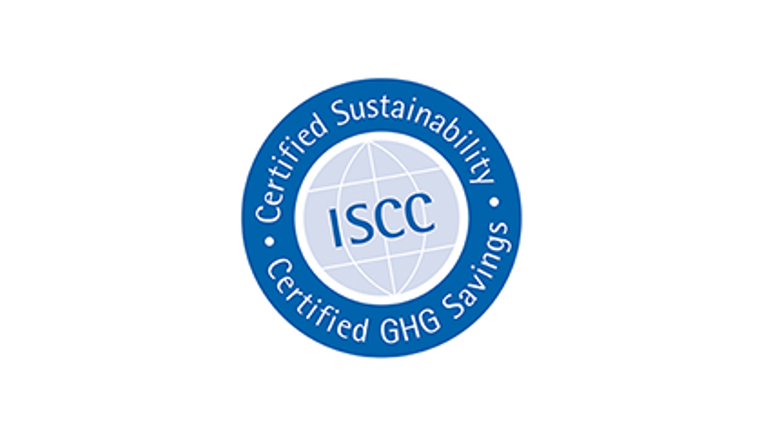
The International Sustainability and Carbon Certification (ISCC) works to achieve sustainable agricultural production and traceable commodity supply chains.
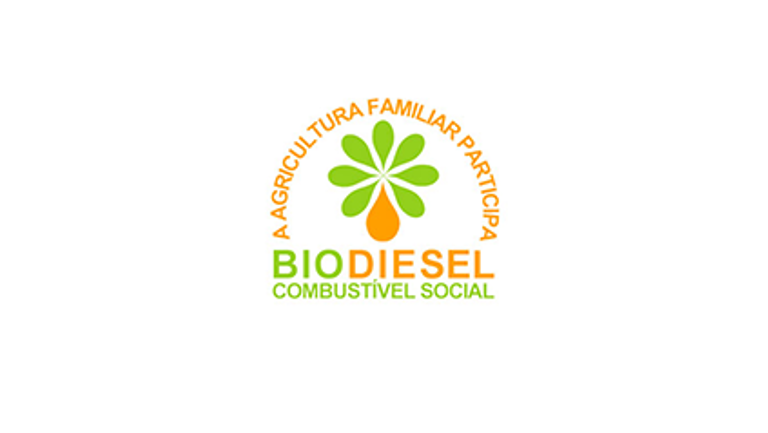
The Selo Combustível Social (Social Fuel Seal) seeks to improve the inclusion of smallholder farmers in Brazil’s biodiesel supply chain.
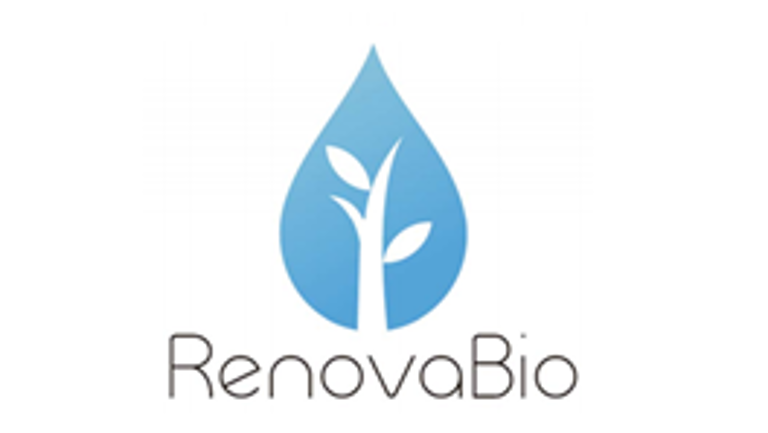
RenovaBio is the Brazilian National Biofuel Programme, with the objective to reduce the carbon intensity of the transport sector, while catalysing a sustainable biofuel industry. RenovaBio-certified biofuel is produced in line with strict environmental requirements, including zero deforestation.
Case studies
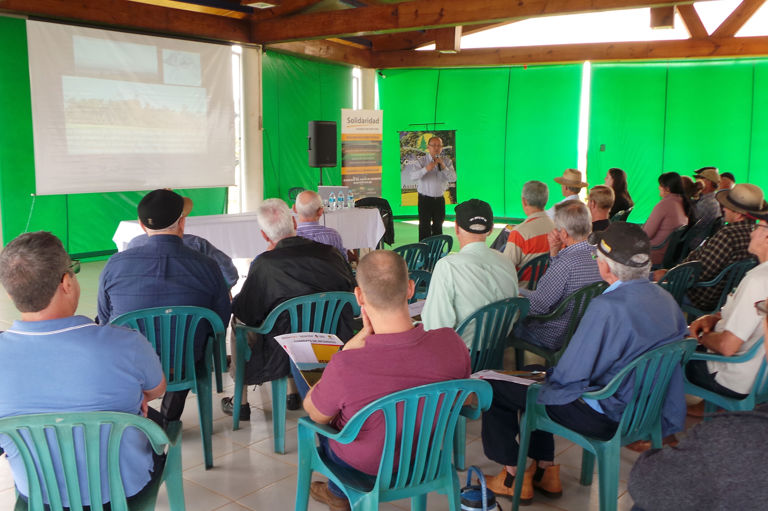
Building farm capacity, Paraguay
A partnership of COFCO, Solidaridad and Cooperativa Colonias Unidas, MajorAgro project supports smallholder soy farmers in the Itapúa and Alto Paraná regions of Paraguay to increase yields, while improving land and forestry management. Having conducted a baseline evaluation, we have developed a bespoke improvement plan for each farm, with technical experts delivering training in the field and via manuals, posters, and videos. We are even digitally tracking performance, with data showing 70% of farms have improved since the project started in 2017.
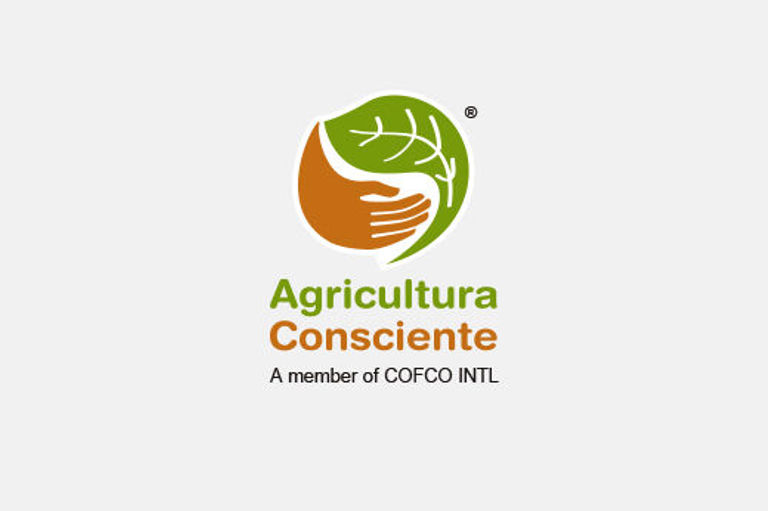
Online sustainable farming training
Our Agricultura Consciente (Conscious Agriculture) programme offers free online training to soy producers across Latin America. A series of interactive tutorials and expert lectures cover topics such as safe handling of crop protection products, efficient water management, soil conservation and health and safety.
